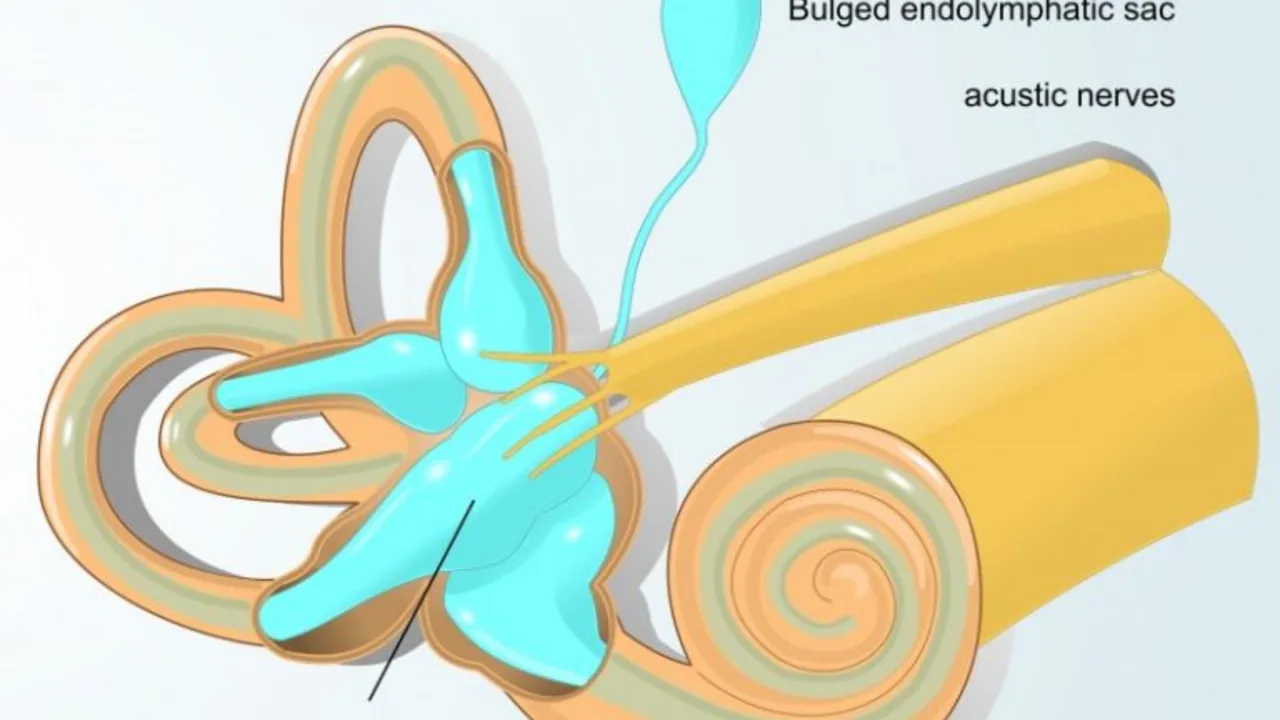Meniere's Disease – What It Is and How to Deal With It
If you've ever felt a sudden, spinning sensation that leaves you dizzy for hours, you might wonder if it's just a bad day or something more. Meniere's disease is a condition that attacks the inner ear, causing episodes of vertigo, ringing in the ears, and hearing loss. It can strike anyone, but it most often shows up in adults between 40 and 60 years old.
The exact cause isn’t clear, but most experts think it has to do with fluid buildup in the inner ear. This extra fluid throws off the balance sensors and the tiny hairs that turn sound into signals for the brain. When the pressure gets too high, you get the classic trio of symptoms: vertigo, tinnitus (that ringing or buzzing), and a feeling that sounds are muffled.
Common Symptoms & How to Spot Them
Vertigo is the headline act. It can start without warning, last from a few minutes to several hours, and make you feel like the room is spinning. During an attack, you might also notice nausea, sweating, and a loss of balance that makes it hard to stand.
Tinnitus comes next. Many people say it sounds like a high‑pitched whistle or low hum that never stops, at least until the episode fades. Hearing loss usually affects one ear and can feel like the sound is coming from far away, even if the volume is turned up.
These attacks don’t happen every day. Some folks have a few episodes a year, while others go through them weekly. The unpredictability is what makes Meniere's so frustrating.
Managing Meniere's – Everyday Tips
There’s no cure that works for everyone, but lots of simple changes can keep attacks from ruining your day. Start with your diet: cutting back on salty foods, caffeine, and alcohol can lower the fluid pressure in your ear. Many patients notice fewer attacks after they switch to low‑salt meals and stay hydrated with water.
Stress is another hidden trigger. When you’re stressed, your body releases hormones that can affect inner‑ear fluid. Try short breathing exercises, yoga, or a quick walk when you feel tension building.
Medication can help, too. Doctors often prescribe diuretics to drain excess fluid, or anti‑nausea meds to calm you during a vertigo spell. Some people benefit from vestibular rehabilitation therapy, which is a set of exercises that teach your brain to rely on other balance cues.
If attacks become frequent or severe, your doctor might suggest more advanced options like steroid injections into the ear or, in rare cases, surgery to decompress the inner ear.
Finally, protect your hearing. Use earplugs in loud environments, and keep the volume down on headphones. If you notice a sudden change in hearing, get it checked right away – early treatment can prevent permanent loss.
Living with Meniere's disease is a mix of staying aware of triggers, making lifestyle tweaks, and working with your doctor on the right meds. By keeping an eye on your diet, managing stress, and treating symptoms early, you can reduce the number of dizzy spells and keep enjoying everyday moments.

Meniere's Disease and Vision: Understanding the Link
Hey there, beautiful souls! Today we're going to explore a unique topic, the connection between Meniere's Disease and vision problems. Often overlooked, this correlation is quite significant, increasing our understanding of how Meniere's Disease affects our day-to-day lives. We'll dive into the symptoms, causes, and ways to manage these visual disruptions caused by this condition. Stick with me, and let's reveal these insights together.




